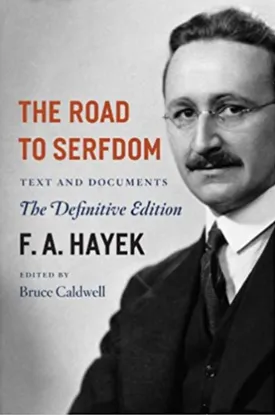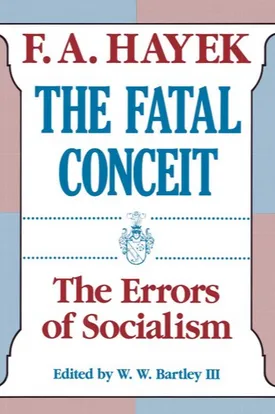Friedrich Hayek
Friedrich Hayek is one of the most important figures in Austrian economics and the libertarian movement. He was born on May 8, 1899, in Austria-Hungary, which is now Vienna, Austria. He was an economist, philosopher, and political economist, who became famous for his theories of limited government and monetary theory. Hayek is perhaps best known for his theory of “spontaneous order,” which states that order and complexity emerge in the absence of intentional direction. He was awarded the Nobel Memorial Prize in Economic Sciences in 1974, and is widely regarded as one of the most important figures in economics in the twentieth century.
Hayek was born in Vienna, the son of a prominent doctor. His father was well educated and active in politics. As a young man, Hayek was exposed to a variety of ideas and opinions, leading him to intellectual debates on topics such as geography, philosophy, and mathematics. He studied at the University of Vienna and earned his doctorate in law in 1921. After finishing his studies, he took a position at the Austrian Institute for Business Cycle Research.
Hayek’s major works include The Road to Serfdom (1944), The Constitution of Liberty (1960), and Law, Legislation, and Liberty (1973-79). Hayek developed his theories of limited government and economic theory in The Road to Serfdom, where he argued that traditional European economic ideas had lead to unrestrained bureaucratic power and the breakdown of progressive economic policies. He argued that economic liberalism and the free market should be the cornerstone of economic policy and favored a limited government to regulate the market.
Hayek’s Monetary Theory is important in economic thinking, as it explains the process of money creation and circulation. He believed that money should be circulated as credit instead of as currency, as credit allows for greater fiscal stability and economic expansion. He was also a proponent of a “bimetallic” system of foreign exchange, where both gold and silver would be used to back up the currency.
In 1974, Hayek was awarded the Nobel Memorial Prize in Economic Sciences for his “pioneering work in the theory of money and economic fluctuations and for his profound analysis of the interdependence of economic, social, and institutional phenomena.” He is considered one of the most influential economic thinkers of the twentieth century and his work has shaped the way economists look at economic policy and the role of government. He is also credited with having a profound influence on libertarianism, which views minimal government and maximum individual liberty as the best way to ensure prosperity and justice.
Friedrich Hayek spent the majority of his life as a teacher on topics related to economics, politics, and philosophy. His legacy and techniques have been used in many aspects of modern economic policy, and he is credited as a major inspiration for libertarianism. He was an innovative thinker who changed the way economists look at government, markets, and economics. His works are still considered invaluable contributions to economics and faith in limited government.


